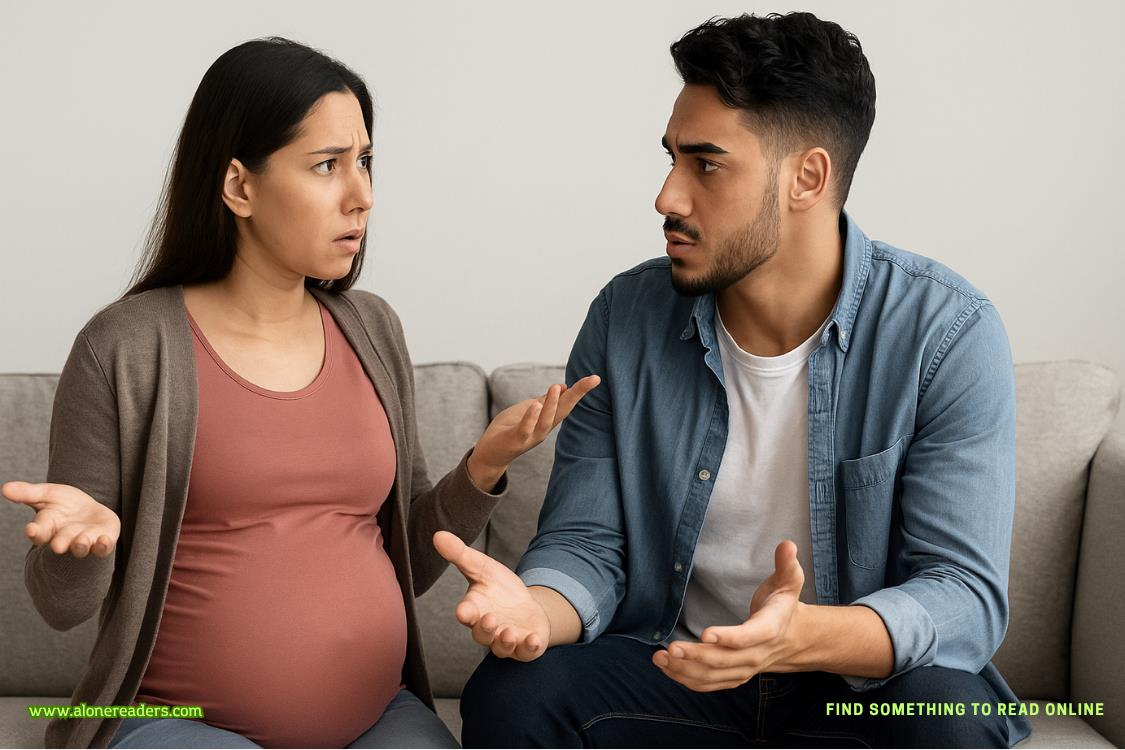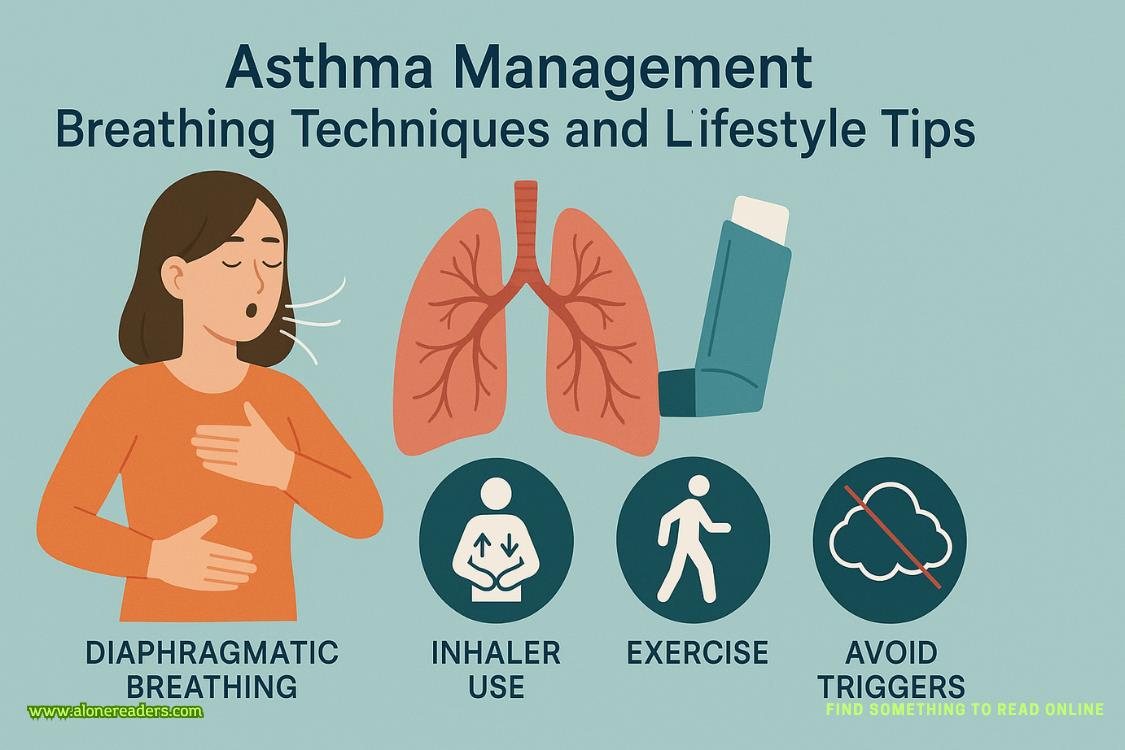Page 46 of Heidi Lucy Loses Her Mind
I wonder if his friends call him Phildegarde.
“We’ll make it quick,” Heidi promises, clearly not burdened by the same thought processes as I am.
“Come in, then,” Phildegarde says. He steps back and opens the door wider, gesturing for us to enter.
Heidi gives me a quick look, one of worry and hesitation, and I nod. Her expression relaxes.
I guess going inside wasn’t in Heidi’s original plan, but I think it should be fine. I follow her as she crosses the threshold, maybe standing closer than I need to, but…well, we’re in unknown territory.
We trail down the hall after Phil, and although Heidi’s gaze is trained on the man, mine is darting all over the place, taking in everything I can see.
There’s a dining room to the left, one of those fancy affairs that looks like it only gets used on special occasions, with a small chandelier and a shiny patterned tablecloth.
The tablecloth I draped over Phil’s deceased mother was made of cheap plastic. The juxtaposition of the two somehow strikes me as horribly sad, although for the life of me I can’t put my finger on why, and I don’t let myself dwell on it. It’s the sort of thing that could drag my mood all the way down for no reason at all. So I force my attention elsewhere.
The table’s centerpiece is a gaudy basket of flowers—not natural but overworked, somehow, with heavy colors and weird metallic things throughout. There’s even a hutch against the wall that has fine China displayed.
I turn and look at the wall of photos we’re passing, resisting the urge to slow down and take in the details of each. They’re mostly Phil and the woman who opened the door—his wife, he said—with only one photo depicting anyone else. It looks like a family photo; I recognize a much younger Carmina, realizing with a start that I never once in my life saw her smile. I was always too busy arguing with her. But she’s smiling in the picture, her eyes on the man next to her, and both of them have their arms draped around the young boy in front of them. It must be Phil, when he was a young teenager, still gangly and awkward-looking.
How weird, to see such a happy expression on Carmina Hildegarde’s face. She’s undeniably beautiful.
I tamp down on the little zing of guilt that hits me somewhere in the gut.
You can’t change how you treated her now, I remind myself, feeling suddenly heavy.Just do better in the future. Treat everyone like they could be murdered tomorrow.
Words to live by. I don’t know if the thought makes me want to laugh sardonically or retreat into the waiting sadness that lurks, sometimes, at the edge of my consciousness.
There are just so many heavy things in the world, and my brain is so overactive. My thoughts often feel so nebulous, slippery, expanding and shifting in ways I can’t pin down. I think about everything, dissecting life’s nuances, holding up the light and the dark and trying to keep them balanced. I can drown in the darkness or fly in the light, but I’m most functional when my feet are firmly on solid ground, somewhere in between the two.
“Please, sit,” Phil says, pulling me out of my random thoughts as we reach what seems to be the family room. There’s a large sectional, a fancy upholstered chair, and a giant flat screen, muted but displaying some sort of golfing thing.
I guess I just don’t understand the purpose of golf.
Phil gestures to the sectional, and Heidi and I sit. It’s uncomfortable, firm and cold, and I don’t shift away when the side of Heidi’s body presses into mine. I want her close. I alwayswant her close, of course, but especially when we’re in the home of a stranger, sitting on this weirdly stiff couch.
“So,” Phil says as he settles himself in the upholstered chair, manspreading like it’s his God-given right. “What can I help you with?”
And he sounds soconversational—there’s absolutely nothing about him or about this home that says someone just died. I don’t get it.
“Well,” Heidi says. “I was cleaning the café the other night, and I found some stuff that had fallen out of your mother’s purse.” She glances at me quickly before going on. “It was an envelope of cash, and there was a note attached that made it seem like—” She breaks off, and I know exactly why; she’s trying to figure out the most tactful way to accuse Phil’s recently deceased mother of blackmail. “It seems someone felt they were being extorted for money,” she finally says. “Now I may have been reading the situation incorrectly, of course, and you know your mother best. But I wanted to make you aware of the situation—”
“An envelope of cash?” Phil cuts her off. “Do you still have it?”
Heidi blinks at him. “No,” she says after a tiny pause. “I gave it to the police.”
Phil’s shoulders slump. “Oh,” he says. Then, straightening once more, he adds, “Good. That’s good.” One tiny piece of his slicked-back hair comes loose, slowly falling over his forehead. He sighs. “My mother was not an easy woman to live with.”
“How so?” Heidi says, keeping her voice calm and only vaguely interested.
“She was just difficult,” he says. “She was a model, you know, back in the day. Internationally known, very successful. But it gave her a high opinion of herself. Even so…” He shakes his head, looking troubled. “I don’t know who she would be extorting, or why. She was a bit of a loner.”
“And you don’t know of any troubles she was having?” Heidi says gently. “The police seem to think foul play may have been involved.” I have to give her credit; she’s coming here asking questions she frankly has no right to ask, and she’s delivering them in such a way that she doesn’t come off as prying or rude.
“No,” Phil says, shaking his head once again. “I really don’t. Like I said, she could be difficult, but she kept mostly to herself.” Then he looks at his watch, that greasy little strand over his forehead flopping. “I’m sorry to be rude, but I really do need to run. If that’s everything…?”
“Of course,” Heidi says quickly, standing up. “We’ll let you get on with your day. I’m so sorry to intrude like this. I just wanted to make you aware.”
“Not a problem,” he says, and he stands too. “I appreciate it.”















